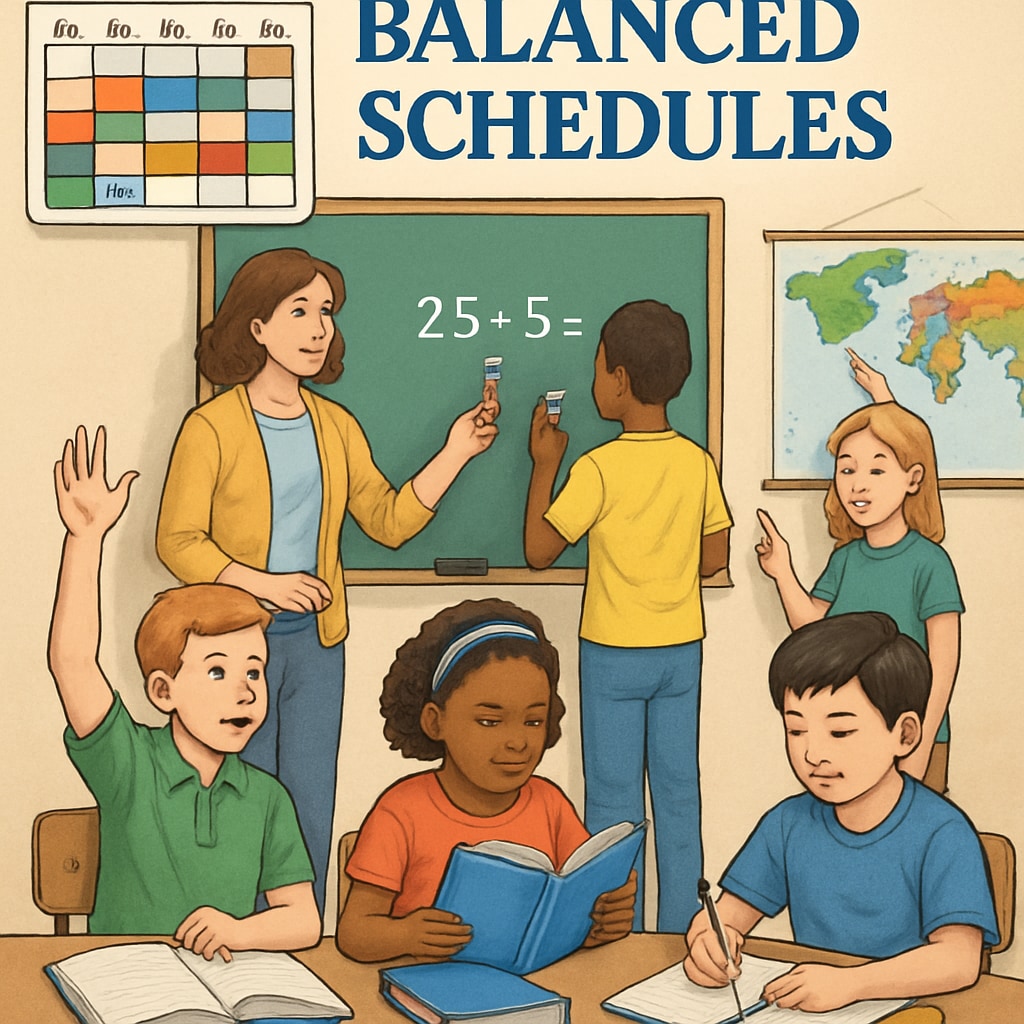Year-round schooling, knowledge retention, and summer learning loss are critical topics in modern education. The traditional long summer break often leads to significant academic setbacks, commonly referred to as “summer learning loss.” Year-round schooling, with alternative schedules like “one week on, one week off,” offers a compelling solution to this issue. By restructuring the academic calendar, schools can better support students’ ability to retain knowledge, promote educational equity, and foster a healthier balance for families.

Breaking the Cycle of Summer Learning Loss
Research has consistently shown that prolonged summer breaks negatively impact student retention, particularly in subjects like mathematics and reading. According to a study published by the National Summer Learning Association, students lose approximately two to three months of academic progress during the summer. Year-round schooling minimizes this gap by introducing shorter, more frequent breaks, ensuring continuous engagement with academic content.
In addition, alternating schedules like “one week on, one week off” provide periodic rest without the detrimental effects of excessive downtime. This approach aligns with cognitive science principles suggesting that regular reinforcement of learned material enhances long-term retention.
Promoting Educational Equity Through Year-Round Schooling
Traditional summer breaks often exacerbate educational inequities. Families with limited access to enrichment programs or resources face greater challenges in maintaining their children’s academic progress during extended breaks. Year-round schooling helps bridge this gap by ensuring consistent access to learning opportunities throughout the year.
Moreover, shorter breaks reduce the need for costly summer camps or tutoring services, making education more inclusive for students from diverse socioeconomic backgrounds. As a result, this approach supports a more equitable education system.

Balancing Family Life with Flexible Schedules
Beyond academic benefits, year-round schooling can positively impact family dynamics. Traditional school calendars often leave parents struggling to coordinate childcare or vacation schedules during lengthy summer breaks. Alternating schedules provide families with predictable patterns that are easier to manage.
For example, parents can plan vacations during scheduled breaks without interrupting their children’s education. Additionally, the shorter intervals between breaks reduce burnout and promote overall well-being for both students and teachers.
Challenges and Considerations
While year-round schooling offers numerous advantages, it is not without challenges. Implementing this model requires significant adjustments to school infrastructure, teacher contracts, and community buy-in. Schools must also carefully design schedules to avoid overloading students while maintaining academic rigor.
However, with thoughtful planning and stakeholder collaboration, these obstacles can be overcome. The long-term benefits in knowledge retention, equity, and family balance make year-round schooling a worthwhile investment in the future of education.
Readability guidance: Use short paragraphs with clear headers for navigation. Include lists to summarize key points, such as:
- Improved knowledge retention through shorter breaks
- Enhanced educational equity via consistent learning opportunities
- Better family balance with predictable schedules
By emphasizing these advantages, year-round schooling can address the persistent issue of “summer learning loss” while fostering a more sustainable and inclusive education system.


